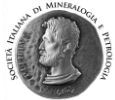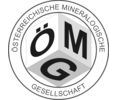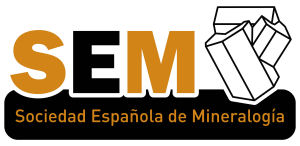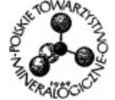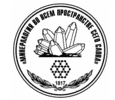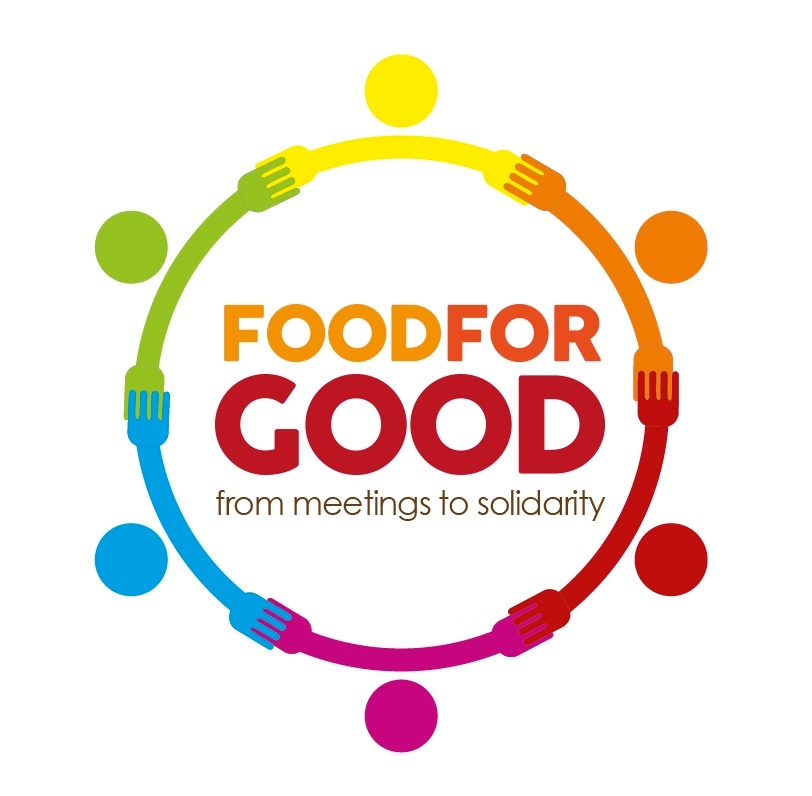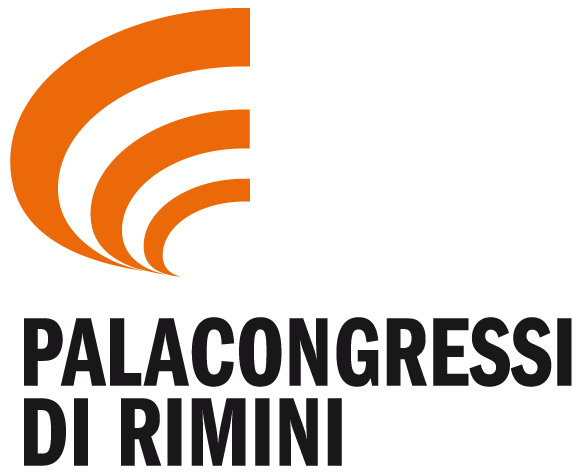Maria Luce Frezzotti, Cristoph Heinrich and Thomas Müller (contact: T.Mueller@leeds.ac.uk)
Fluids are one of the key parameters for geochemical and geodynamic processes in the crust and play a major role in shaping the modern Earth. Fluid-mineral and fluid-rock interactions and their resulting rock record have been therefore a very active field of research over the past decades. Bruce Yardley, who recently retired from his professorship at the University of Leeds, has been intensively working in this field throughout his career on various aspects ranging from the study of fluid inclusions, fluid-mineral interactions, thermodynamics, experimental to field based metamorphic petrology and low temperature geochemical processes to name only a few. His contributions are highly recognized and significantly advanced our understanding of the role of fluids in the crust.
The session is aimed to cover a broad range of aspect studying fluids in the crust Bruce has been working on to visualize the progress that has been made in the field over the duration of his remarkable career.
The Keynote speaker will be Lukas Baumgartner (Université de Lausanne, Switzerland).
Emilia Garcia Romero, Annalisa Martucci and Mercedes Suarez (contact: annalisa.martucci@unife.it)
This session covers the geology, mineralogy, crystal-chemistry aspects as well as the utilization, synthesis, properties, and occurrence of porous and nanostructured minerals (such as zeolites, clay minerals, or oxide nanoparticles). We particularly wish to highlight work that explores structure-property relationships at ambient conditions, but also at low and high temperature, and at high pressure. We hope to foster a broad discussion on the role of these minerals for geological, mineralogical, technological and environmental purposes. The growing number of new applications with higher added values of these minerals requires a thorough knowledge of their mineralogical and their crystal-chemical variability, as well as more efficient processing of end products. Contributions will include both natural and synthetic case studies and experimental or modeling works in various geological and technological processes and environments.
Piergiulio Cappelletti, Jan Elsen, Jussi Liipo and Bernard Grobety (contact: jan.elsen@ees.kuleuven.be)
The main objective of this session is to promote the dialogue among different disciplines and to raise the awareness in the geological and mineralogical community about the new characterization methods, product tests, problem-solving, innovative applications and production processes dealing with natural mineral and stone resources and nature-inspired geomaterials that contribute to the sustainable development of the society. This session welcomes oral and poster contributions on case studies, characterization methods, product tests, innovative applications, production processes dealing with ores, minerals and geomaterials used in the past and nowadays.
Azzurra Zucchini, Catherine McCammon, Paola Comodi and Mainak Mookherjee (contact: azzurra.zucchini@unipg.it)
Processes operating in the Earth are often controlled by atomistic scale dynamics in the minerals, melts, and fluids. How the Earth's engine works and how it may evolve in the future depends on the nature of minerals and related phases and their response to changes in pressure, temperature, fluid compositions and so on. Laboratory based experiments and computational mineral sciences provide valuable clue to the HP-HT mineral physics. A good synergy between the computational mineral sciences and the experimental approaches is crucial for the better understanding of the principles underlying the mineralogical processes. This session will present a snapshot of current research, particularly focusing on experimental and computational studies applied to the understanding of the behaviour of Earth Materials at ambient and non ambient conditions.
The Keynote speakers will be Marc Blanchard (UPMC - Sorbonne Universités, Paris, France) and Hauke Marquardt (Bayerisches Geoinstitut, Universität Bayreuth, Germany)
Sylvie Demouchy, Katharina Marquardt, Juan Jimenez-Millan, Martine Buatier and Cecilia Viti (contact: sylvie.demouchy@univ-montp2.fr)
Mineral deformation and transport mechanisms control chemical and structural evolution of crust and upper mantle. Chemical self- and inter-diffusion is based on atomic-level transport, while plastic deformation of coarse-grained rocks is based on dislocation interactions; both mechanisms result in large-scale material flow such as plate tectonics. Furthermore, diffusive processes at the extreme pressure of the Earth’s deep interior likely control the kinetics of deformation and thus the survival of chemical heterogeneities. Time evolution of deformation textures provides key information for the interpretation of complex geophysical data (i.e., seismic and electrical conductivity). In the upper crust, faults can be considered as major discontinuities favouring fluid circulation, fluid-rock interactions and mineralizations. Mineral genesis and transformation play a key role in crustal faulting and, consequently on fault seismic activity. The presence of neo-formed minerals and fluids are important factors controlling fault strength, earthquake nucleation and propagation. Recent technical improvements such as numerical modelling at various scales (atomic-, meso- to macro- scale) and new experiments at extreme pressure and high temperatures, as well as friction experiment at low temperatures, combined with state-of-the-art analytical tools (e.g., FIB, TEM, nano-SIMs, atom probe) now allows to quantify chemical interactions and complex rheology in various types of minerals and their grain boundaries. Nevertheless, the community still faces under-constrained deep Earth’s processes and technical challenges. This session aims to bring together a multidisciplinary group of mineralogists and tectonics to exchange new results on chemical and isotopic diffusion, rheological behaviour, their possible interplay in minerals and rocks from low to high temperature and their effects on processes of the Earth’s interior.
The keynote speaker will be Lucie Tajcmanova (ETH-Zürich, Switzerland)
Contributing Societies
